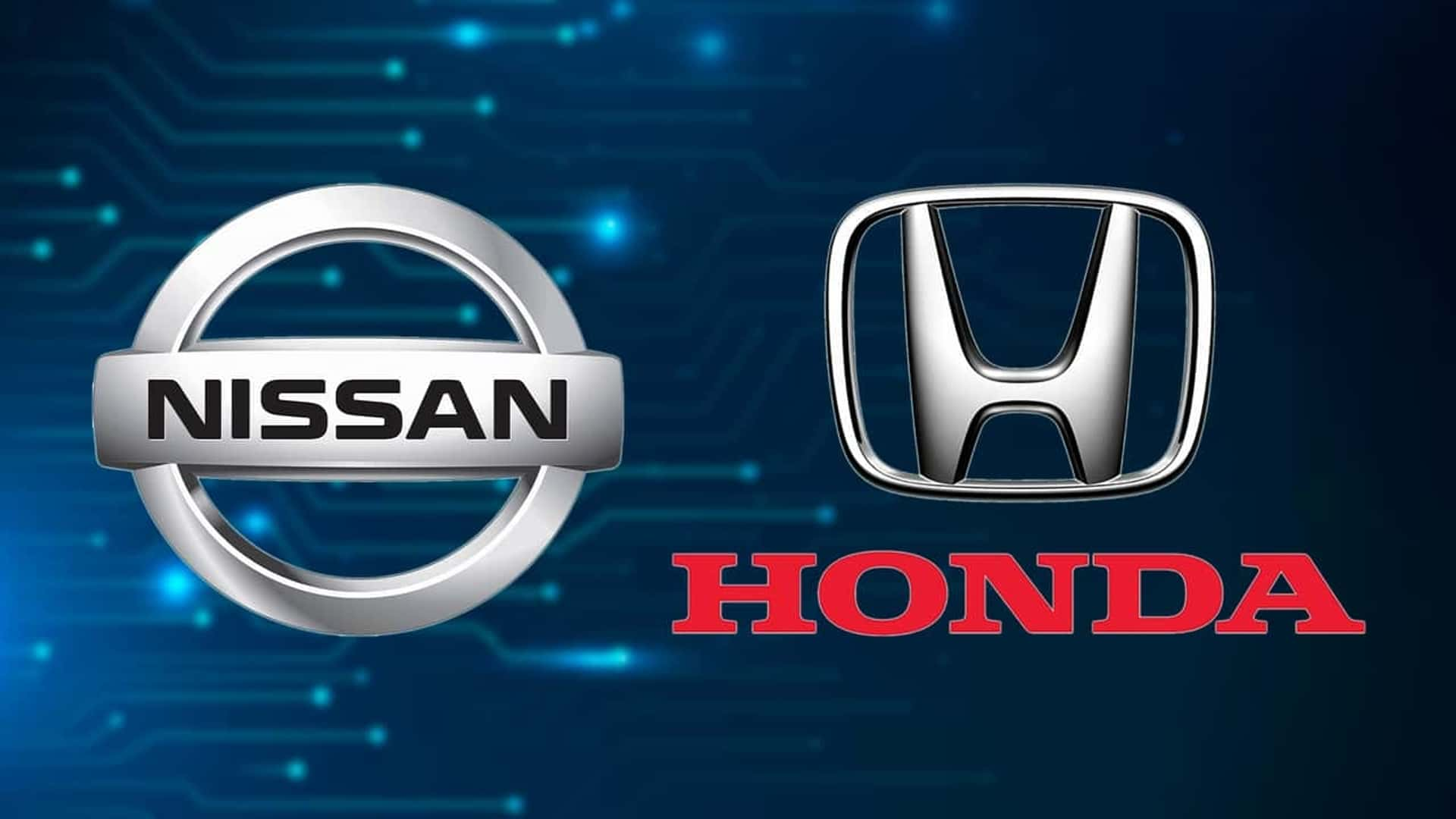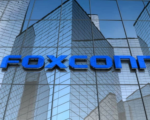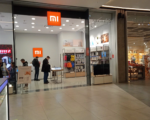Carlos Ghosn, the former CEO of Nissan, has raised concerns about the potential consequences of a merger between Nissan and Honda, predicting that Nissan would bear the brunt of the cost-cutting measures. In an interview with CNBC, Ghosn expressed his belief that Honda would take control in the merger, which he described as “sad” considering his long tenure at Nissan. He emphasized that there is little complementarity between the two automakers, and any synergies would likely come through cost reductions and duplication of plans and technologies, which would harm Nissan, the “minor partner.”
Ghosn, who led Nissan for 19 years and was instrumental in its growth, criticized the lack of alignment between Nissan and Honda, suggesting that the merger would lead to significant layoffs and operational cuts at Nissan. He also pointed out that Nissan’s former partnership with Renault offered more complementarities, implying that the Nissan-Honda merger was not as strategically sound.
The merger speculation gained traction earlier this month, and both companies confirmed their talks on Monday. The proposed merger would result in a $54 billion entity, with Honda assuming the dominant role due to its significantly larger market capitalization. If successful, the combined group would become the world’s third-largest automaker, surpassing Hyundai. However, both Nissan and Honda executives have stressed that the merger would create economies of scale, particularly in the electric vehicle (EV) transition, and deliver long-term profitability.
Despite these assurances, concerns remain about the merger’s viability. Nissan is undergoing a major restructuring, which includes cutting production capacity and laying off 9,000 employees, while Honda’s CEO acknowledged that some shareholders may see the deal as a form of support for Nissan’s struggles. Ghosn suggested that Nissan’s move towards the merger indicated a sense of desperation, as the company appears unable to resolve its issues independently.
Investor reactions have mirrored these concerns. Kei Okamura, a portfolio manager at Neuberger Berman, noted that while the merger’s long-term vision seems promising, the integration process would be crucial to its success. He emphasized the uncertainty around the merger’s execution, particularly the challenges of integrating the companies’ assets, cultures, and people. Okamura also noted that the deal could fall through if Nissan’s restructuring efforts fail to yield results.
Both Nissan and Honda have declined further comment on Ghosn’s statements or the merger plans.


















